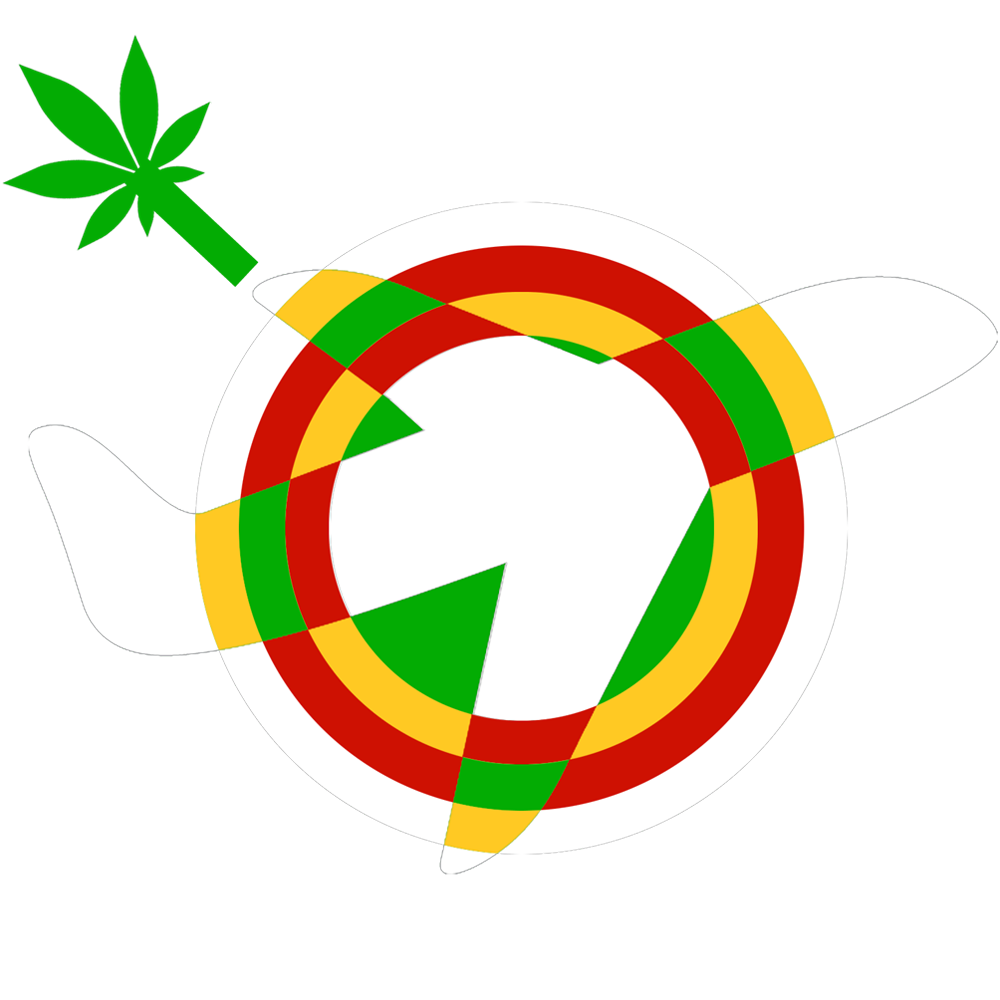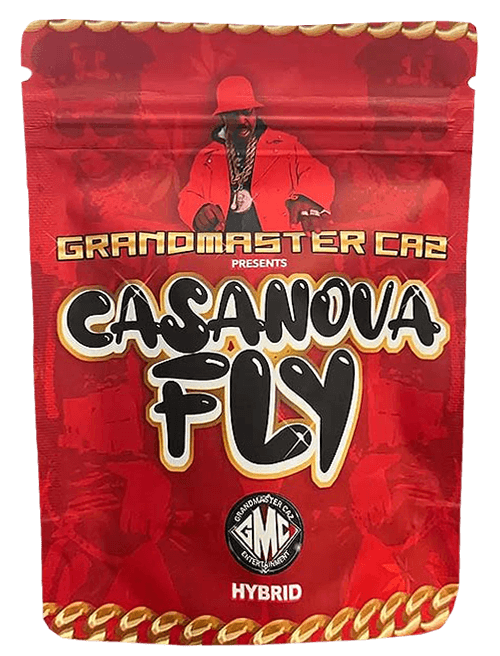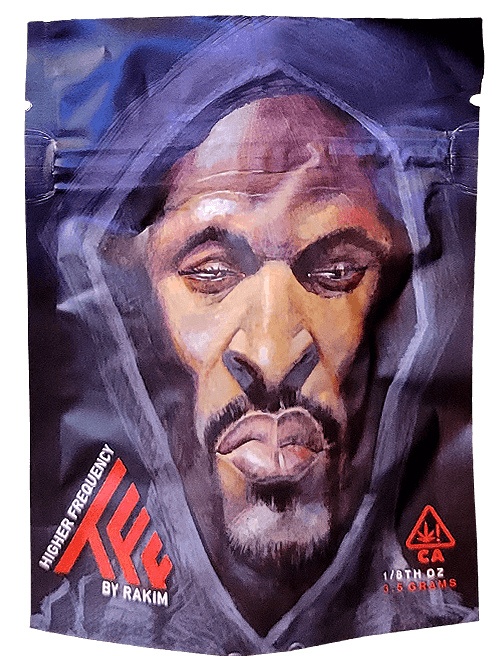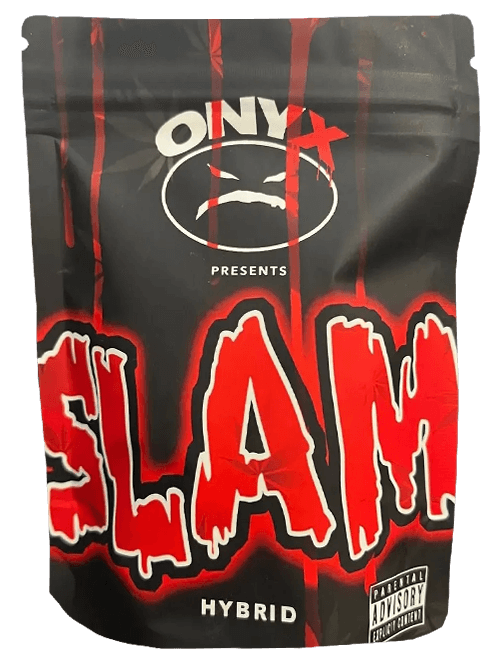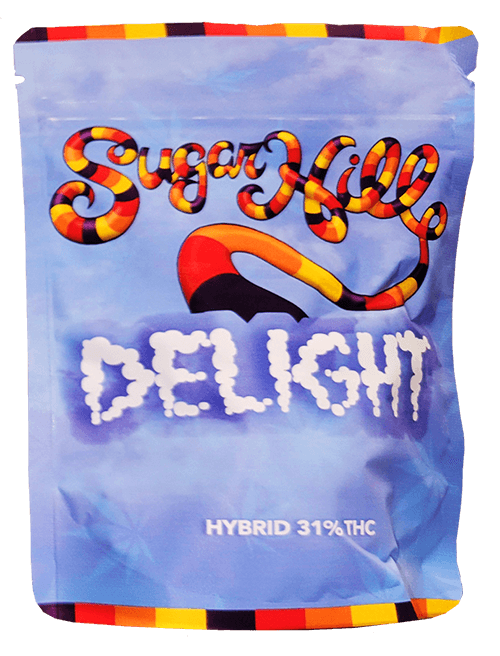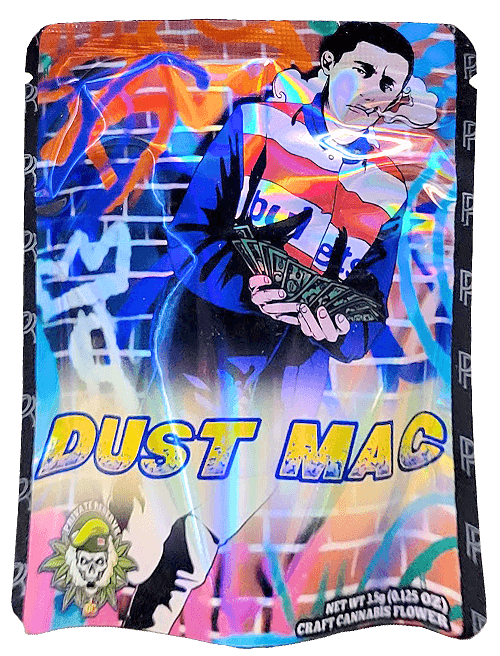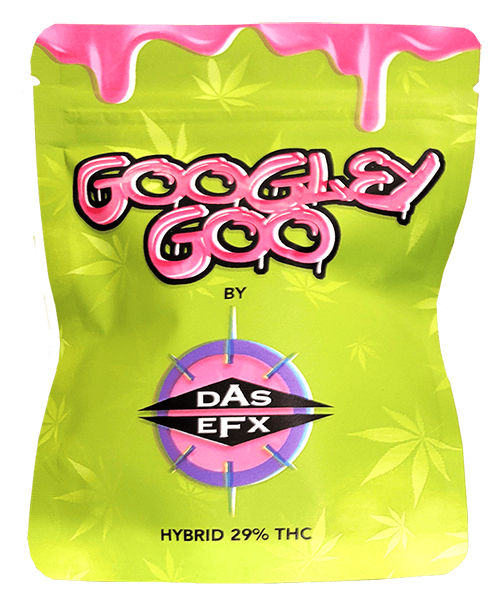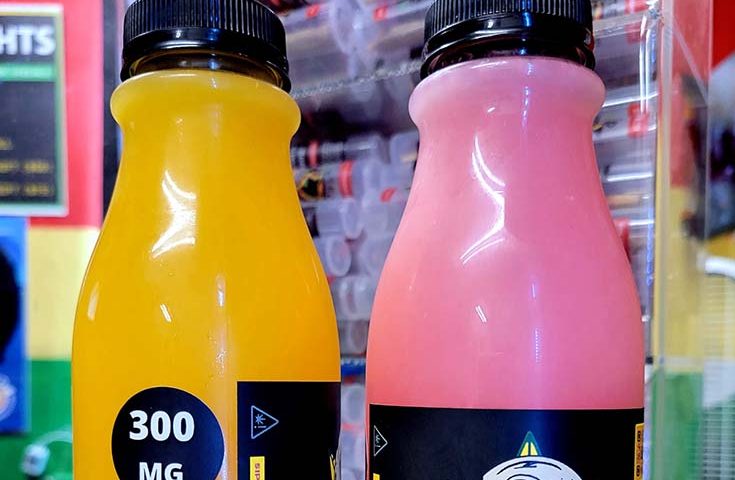People globally are wondering what this CBD thing is.
Cannabidiol, often referred to as CBD, is another compound found in cannabis, along with THC (the part that gets you high).
These are just two of over 100 different cannabinoids extracted from the cannabis plant. CBD is mainly extracted from cannabis or Hemp. The two are found in the cannabis Sativa plant.
THC and CBD can both help relieve pain and inflammation.
Although similar, these two compounds are very different. In addition to differences in their chemical structures, the physiological effects of each compound are dissimilar as well.
Contents
CBD vs. THC Chemical Structure
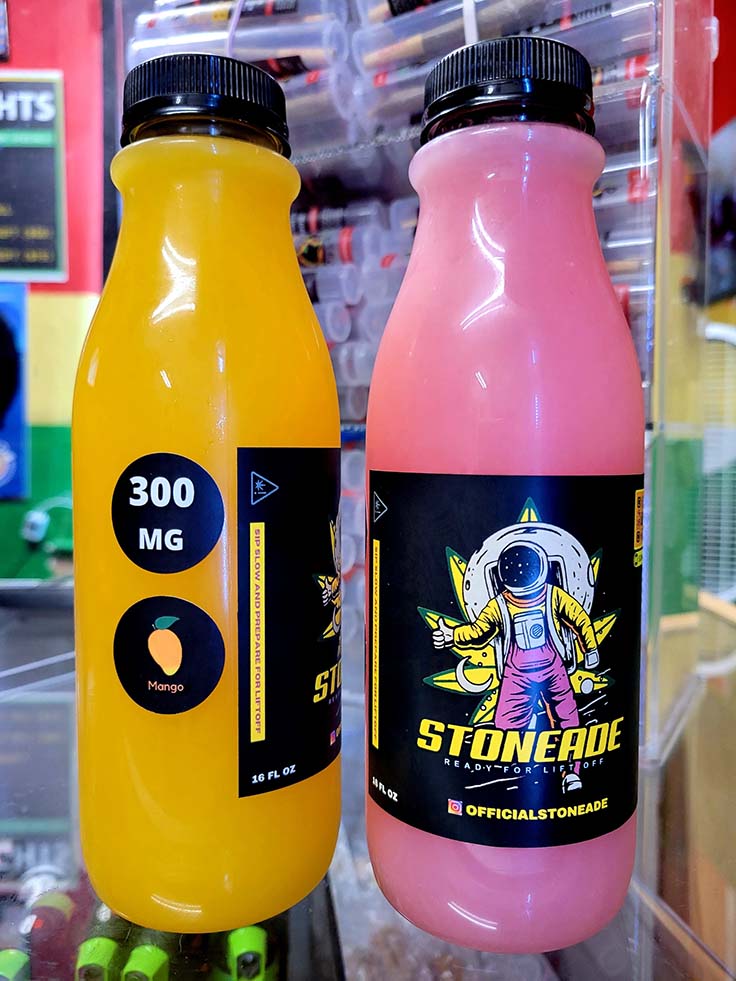
Cannabidiol, or CBD, and tetrahydrocannabinol, or THC, are very similar in chemical structure. But, on the other hand, they have different effects on the body.
CBD is a non-psychoactive compound that is used to treat a variety of medical conditions. It can be obtained from hemp plants or marijuana plants, but getting it from Hemp is legal in most countries. CBD has been shown to help with pain relief, inflammation reduction, and anxiety reduction.
What is THC? THC is a psychoactive compound that makes people high when they use marijuana. It is more commonly found in marijuana plants than hemp plants. In addition to making people feel high and happy, THC has also been shown to help with pain relief and nausea management when cancer patients are undergoing treatment. Medical researchers are still studying both compounds.
CBD vs. THC Psychoactive Components
CBD products are common these days. And for a good reason: CBD is a great way to gain the benefits of cannabis without getting high. CBD and THC are the two main cannabinoids found in cannabis plants, and they each have very different effects on your body.
CBD does not contain the psychoactive compounds that make you feel high—it will not get you intoxicated. Instead, it has been linked to anti-anxiety effects, stress relief, and helping with chronic pain. CBD also helps regulate sleep, can help prevent acne breakouts, and may even be beneficial in treating epilepsy.
On the other hand, THC DOES contain psychoactive compounds and can get you high. It also provides some of the same benefits as CBD. For example, THC is also thought to help with pain relief (particularly neuropathic pain), nausea, insomnia, anxiety (but only in small doses), and muscle spasms resulting from MS or other neurological issues.
CBD vs. THC Legality
Both CBD and THC have medicinal properties, but they also have a few key differences that set them apart from one another.
First of all, CBD is non-psychoactive. Meanwhile, THC is psychoactive—it is what produces the high that people feel when they smoke weed.CBD is legal at a federal level, while THC remains an illegal Schedule I substance.
The federal government has historically been unable to determine whether or not marijuana should get legalized. As a result, until recently, the Drug Enforcement Administration (DEA) classified all forms of cannabis as Schedule I drugs, which means they have no medicinal value and a high potential for abuse.
It made it very difficult for scientists to study marijuana because they had to jump through tons of hoops before getting their hands on it.
Things have changed since then. Many states have already legalized medical marijuana, and some states have even legalized recreational marijuana. The DEA has also acknowledged that CBD has medicinal value.
CBD vs. THC Medical Benefits
Both CBD and THC host multiple similar medical benefits. Both provide relief to similar medical conditions despite CBD lacking the euphoric effect characterized by THC. For this reason, some people may prefer CBD to THC to avoid the impact.
The relevant bodies approved a prescription medication to contain CBD. It is used to treat rare hard-to-control forms of epilepsy.
On the other hand, CBD also helps in other conditions such as seizures, inflammations, pain, mental disorders (psychosis), migraine, nausea, and anxiety.
THC works for several conditions, including muscle spasticity, pain, glaucoma, insomnia, and low appetite.
CBD vs. THC Side Effects
CBD can work even in large doses, and any side effects are mainly due to drug-to-drug interactions between CBD and other medications that the user may be taking.
THC has several temporary side effects: dry mouth, coordination problems, increased heart rate, red eyes, slower reaction time, anxiety, and memory loss.
CBD side effects may include a change in appetite, fatigue, weight loss, diarrhea, and dizziness, and these side effects are part of the compound’s psychoactive properties.
Neither CBD nor THC compound is fatal. However, high THC use may lead to long-term adverse psychiatric effects, as observed in adolescents who consume large amounts of THC despite having no conclusive evidence that using cannabis causes psychiatric disorders such as schizophrenia.
CBD vs. THC Drug Testing
THC and CBD cannabinoids are stored in the body fats and can show up on drug tests for several days or weeks after one uses them. CBD sensitive tests are used to detect CBD compounds as not every drug test can detect the compound, as most standard drug tests lookout for chemicals related to THC.
THC or marijuana use might show up on screening. Similarly, Hemp can produce some THC in addition to CBD; thus, a test result is positive for THC even if one did not use THC.
If expecting to undertake drug testing, it is advisable to avoid using both THC and BBD products, as some products that claim to be THC-Free may not be free. CBD and THC are the two main cannabinoids found in the cannabis plant.
Both Hemp and cannabis produce CBD and THC, thus explaining why people talk about THC content in CBD oil despite the two being different compounds. Cannabis, however, has more concentration of THC, while Hemp has a higher concentration of CBD.
Since THC is present at low levels in the helm plant, CBD oil may contain trace amounts of THC. However, CBD oil does not have more than 0.3% THC making it legal at the federal level.
Both CBD vs. THC Have Are Unique
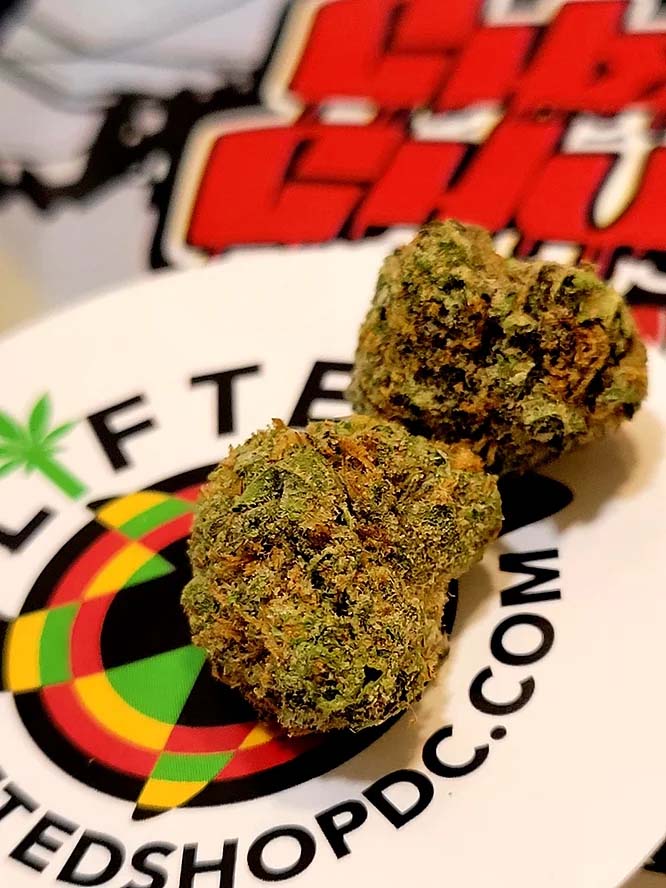
The bottom line is that the most significant difference between CBD and THC is their effect on the body. CBD has been proven hundreds of times over to have genuine medical benefits, while THC is psychoactive and creates a high.
While both are natural products, there are specific applications where each would work better. If you are concerned with medical issues, then CBD should be your choice as it offers natural relief without hallucinogenic side effects. However, THC is the way to go if you want to feel high.

